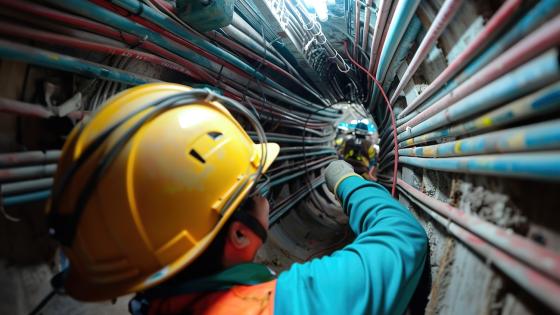DP18164 Industrial policy for electric vehicle supply chains and the US-EU fight over the Inflation Reduction Act
The Inflation Reduction Act (IRA) of 2022 provoked a transatlantic trade spat. After the law was passed, the Biden administration addressed some of the concerns raised by the European Union by writing controversial rules to implement the legislation. These regulations are expected to have complex effects that, in some instances, may offset the intended impact of other provisions in the original legislation. This paper examines how the law, its implementing regulations, policy decisions on leasing, as well as potential critical minerals agreements all have the potential to affect the electric vehicle (EV) supply chain. The EV case study showcases the political-economic complications involved in US and EU attempts to cooperate over clean energy transition policy to address the global externality of carbon dioxide emissions. EVs are but one example of the challenge facing partners with integrated supply chains and similar levels of economic development that share concerns about climate change, rising inequality, workers, other social issues, and democracy itself. The EV conflict laid bare the differing US and EU prioritization of these issues relative to economic efficiency, World Trade Organization rules, the approach to nonmarket economies, and national security vulnerabilities that arise from depending on an authoritarian regime such as China for import sourcing of critical inputs.


